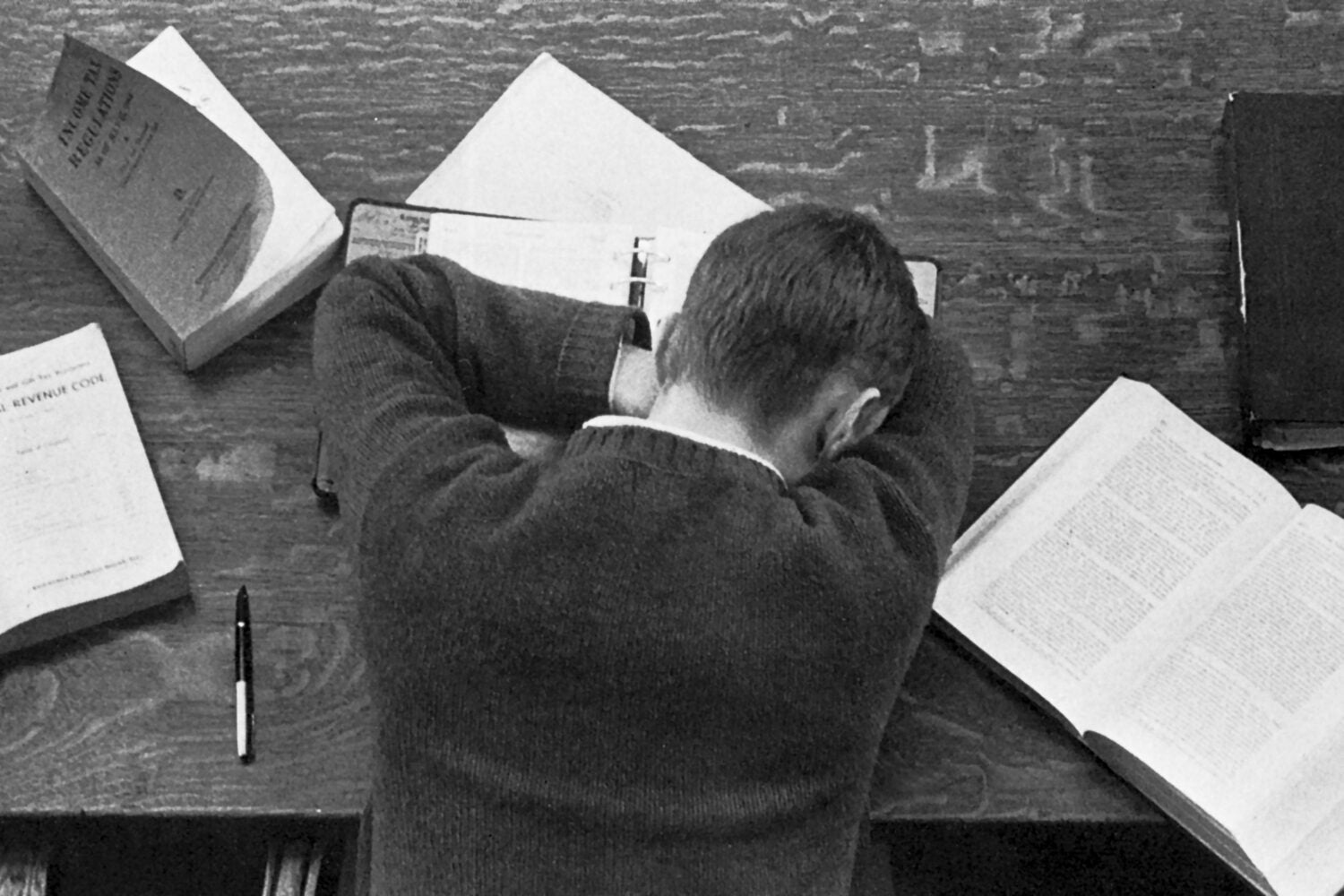It was the best of times, it was the worst of times.
Next week, tens of thousands of prospective attorneys will flock to convention centers and event spaces across the United States to sit for the 2025 July bar exam. For many examinees, the biannual legal test is a rite of passage requiring several weeks of all-day preparation, intense review courses, and incalculable levels of focus, stress, and tenacity.
As the two-day marathon of legal knowledge approaches, seven Harvard Law School faculty members, including a retired U.S. Supreme Court justice, took time to share their experiences with Harvard Law Today and to advise and celebrate the Harvard Law School Class of 2025 examinees as they ready themselves for this daunting challenge. Read their stories here.
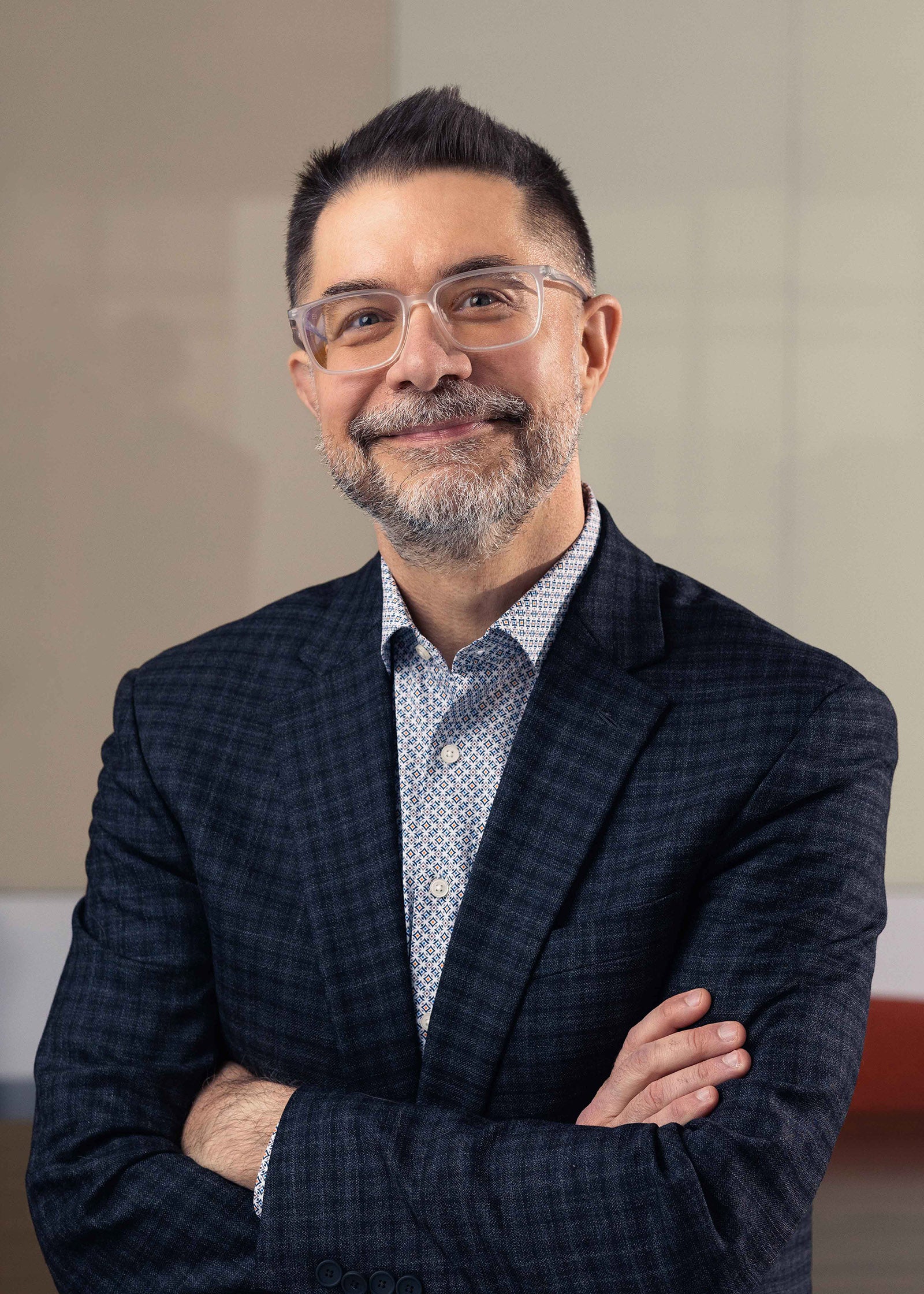
Chris Bavitz
WilmerHale Clinical Professor of Law and vice dean for Experiential and Clinical Education
I graduated from University of Michigan Law School in 1998, and I was preparing to take the New York bar exam in Albany in July before starting work at a law firm in NYC that September. But I happened to be living in Cambridge that summer, and I took a bar prep course on the Harvard Law School campus. The lectures were on video, but this was before the days of fast, ubiquitous online streaming. So, the prep company sent videocassettes for each day’s lecture. I recall I had some sort of part-time job for the prep company, which involved receiving a copy of the VHS tape each day and putting it in a VCR in front of the class. (It’s kind of extraordinary to me — as I sit at my desk streaming music and videos while writing this — that it was such a clunky and manual process.)
As for bar prep advice — treat prep like a day job, take a lunch break, occasionally let your mind wander (perhaps do some post-bar-trip-planning…), and even socialize and see friends a bit. Most importantly, do whatever your bar prep course provider tells you to do. They have this down to a science; if they say “read X,” and “watch Y,” and “do practice problems A, B, and C,” simply do so, and you ought to be fine.
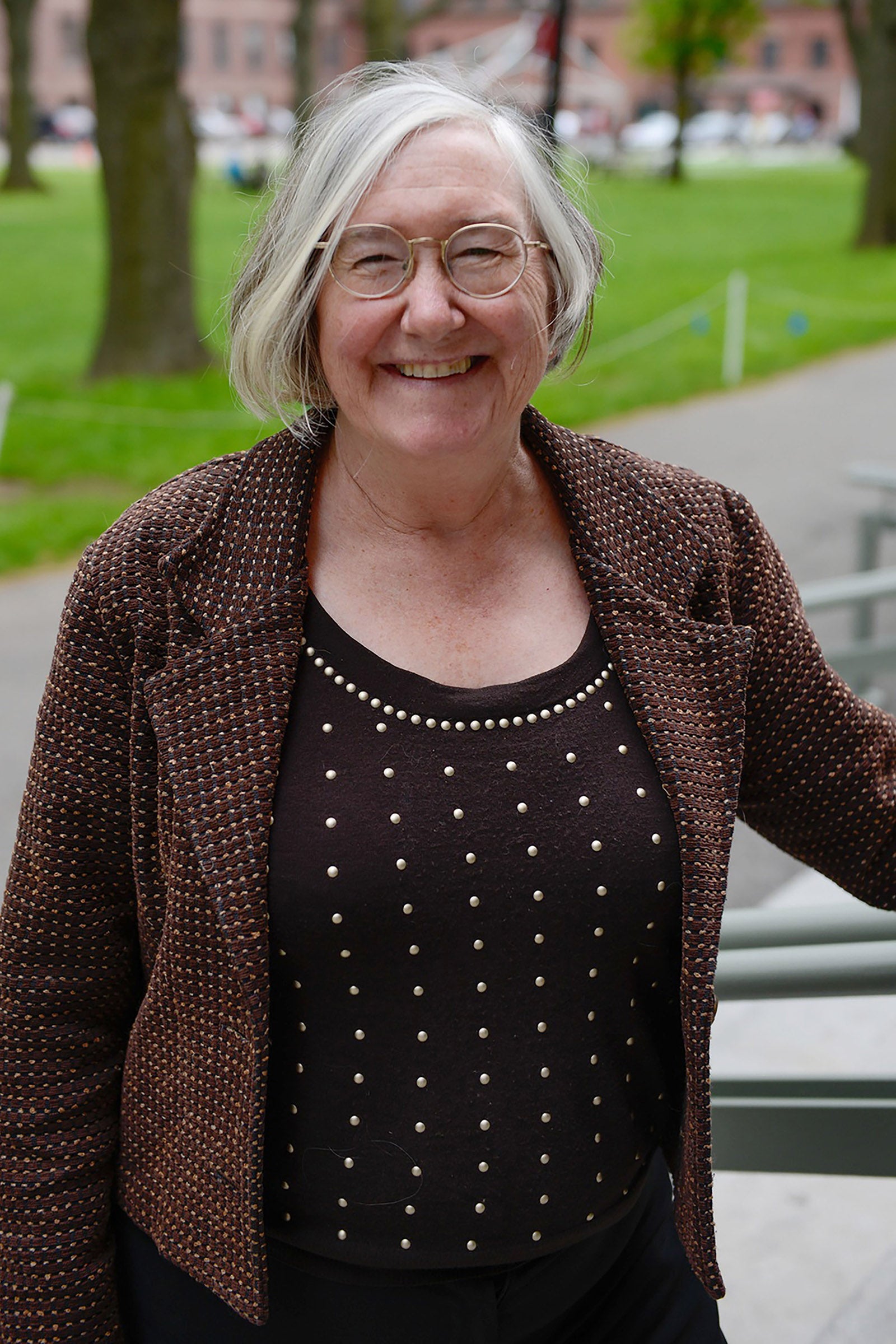
Janet Halley
Eli Goldston Professor of Law
Word to the wise: For me to stay focused, I had to keep out of conversations about the bar with other bar-takers, particularly the days of. They were sources of needless anxiety.
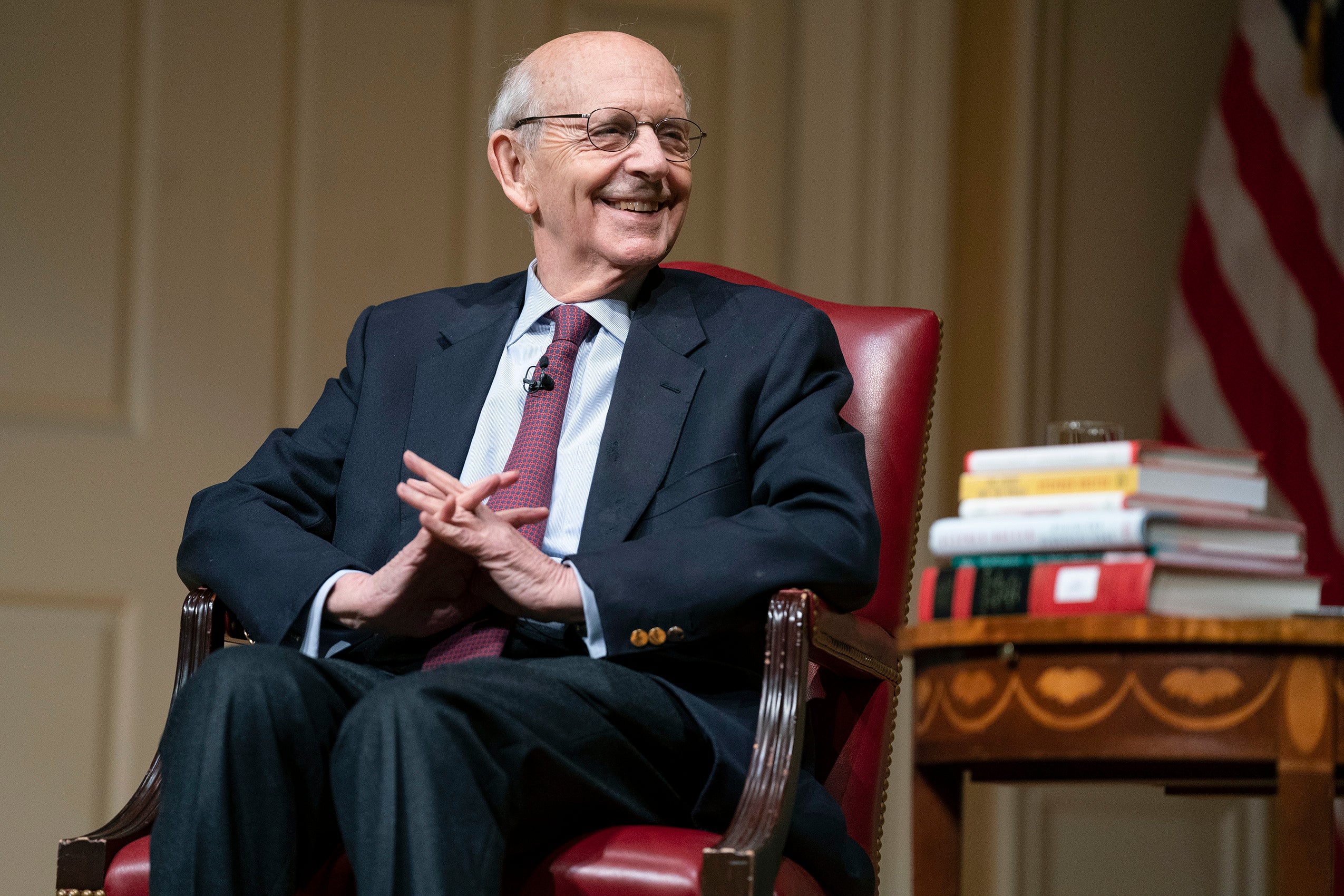
Stephen Breyer ’64
Byrne Professor of Administrative Law and Process
I remember I took two bar exams after I graduated. One was in D.C., where I was going to get a job as a law clerk. The other was in San Francisco because I wanted to be admitted in California. The California bar was notorious because it was supposed to be difficult, but you had to take it and couldn’t just get in by being admitted in another jurisdiction. The D.C. bar was supposed to be easier. So, I simply did what any person did for a class. You went to a review course, and you had some materials they gave you, and you read the material, and then you hit the bar. And, luckily, I passed both of those bars.
I think the only advice I can give is the advice I was given, which is true: Don’t try to outsmart the bar examiners. Don’t get too complicated. You read the materials and you go to a review course. Just answer the questions in a simple way and don’t worry about it too much. Don’t get all upset, don’t get too complicated. Just go to your bar review course, read the material, listen to what the person says, review it before the exam, and then take the exam. It would be surprising if the graduates of this law school don’t pass — they will pass. The D.C. bar was not too difficult. The California bar was harder, so just I spent a longer time reviewing.
To all the graduates taking the bar, I wish you all good luck — very good luck. You don’t necessarily need luck, but it’s good to have it.
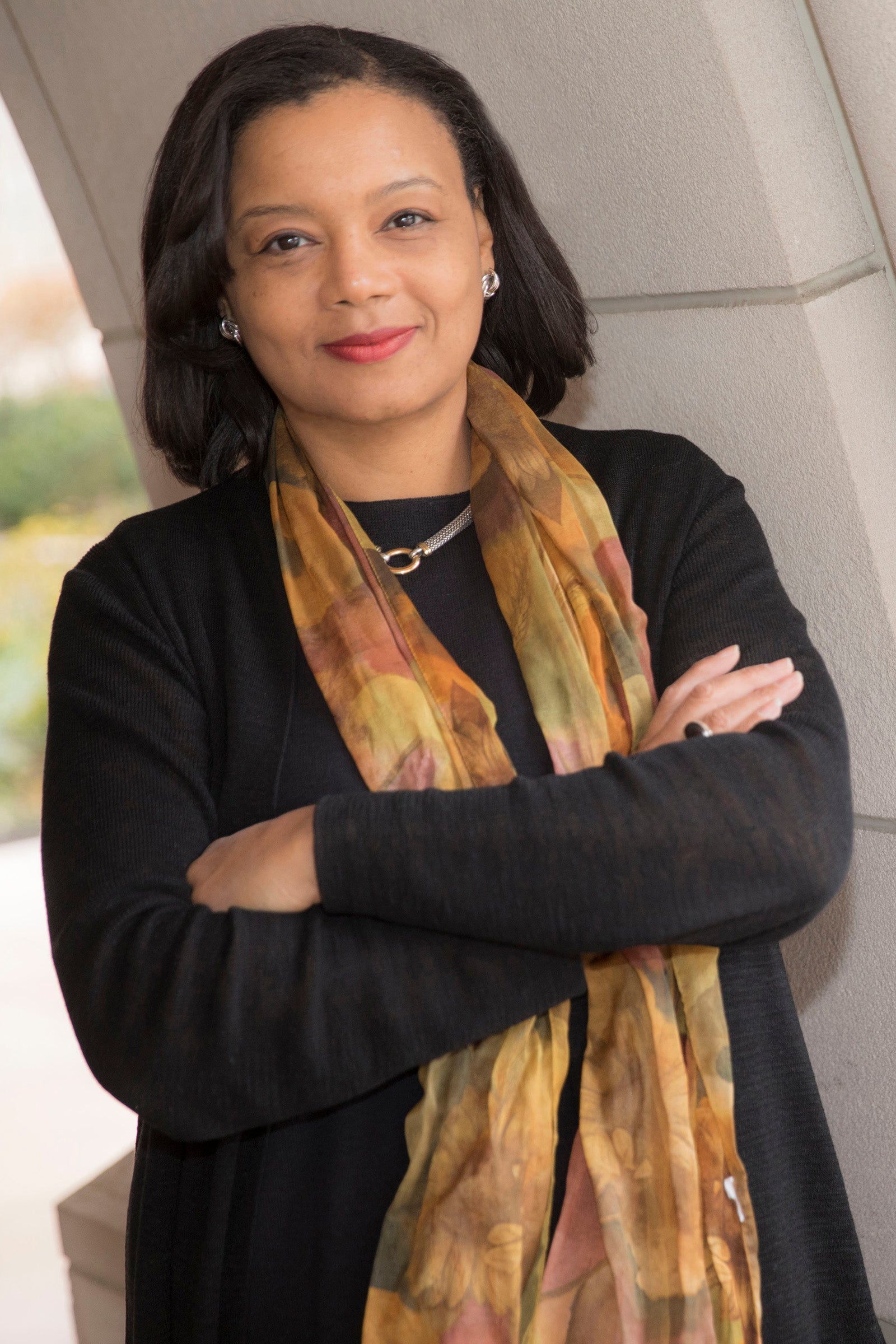
Tomiko Brown-Nagin
Daniel P.S. Paul Professor of Constitutional Law and dean of the Harvard Radcliffe Institute
I took the bar over 25 years ago in New York City. Back then, there was no virtual option for bar review courses; I had to drive to an assigned site, Pace University Law School in Westchester County, for live instruction. I took the bar exam at the Jacob Javits Convention Center, a huge venue, with hundreds of people, all strangers to me. I recall filling in bubble sheets and writing in blue books while seated at a large rectangular table with a vast array of humans, some with very distracting habits — finger tapping, paper shuffling, seat squirming. What’s more, I took the bar while in quite an advanced stage of pregnancy, which made the whole thing even more of an ordeal. But — whatever one might say about the value of the bar exam itself — on the other side of the experience, after I passed the bar and was admitted to practice in New York, I looked back rather fondly on that rite of passage and beginning point for our young family.
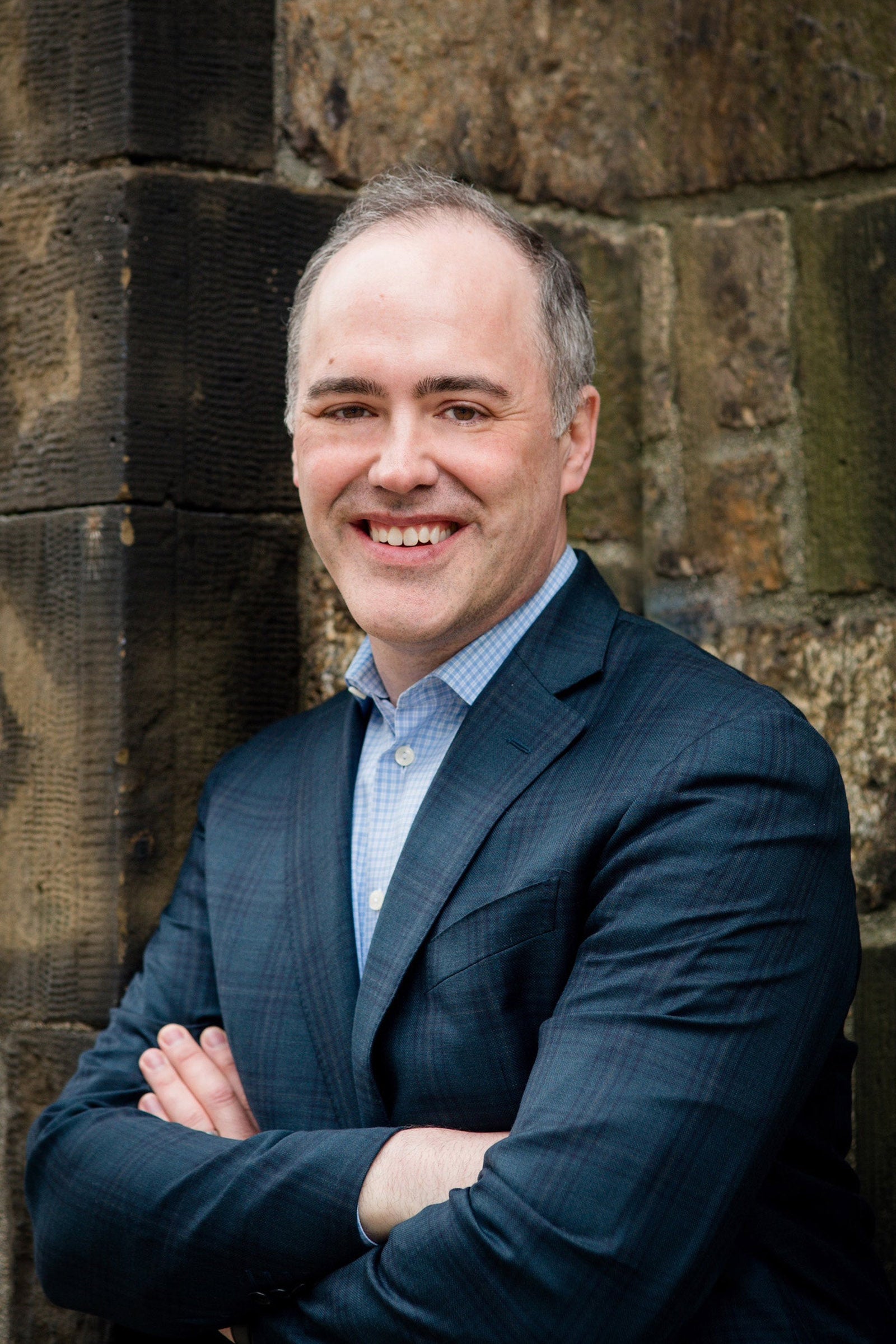
Louis Tompros ’03
Hieken Lecturer in Patent Law
I took the Massachusetts bar exam in 2003 on the convention floor of the World Trade Center in Boston’s Seaport. The year that I took the bar exam was the last year that Massachusetts required all exams to be written out by hand — no computers were allowed. This was a challenge for me, because I had gone through law school typing all of my class notes and exams — I hadn’t tried to hand-write out anything significant since college. I remember nothing at all about the substance of the exam, but I vividly remember my wrist hurting for days afterwards from all of that longhand writing!
I did my bar prep course at HLS, in one of the classrooms in Austin Hall, before it was renovated. The old wooden chairs were incredibly uncomfortable during those all-day bar prep classes. But being uncomfortable certainly helped me stay awake as we slogged through all of my least favorite topics!
Don’t forget that the goal here is to pass the test, not to ace it. HLS students — myself included — tend to err on the side of perfectionism. But perfect isn’t necessary. If you find yourself panicking about your performance on practice tests, take a breath and remember that you don’t need to be perfect; you just need to sneak into the top 60% or so.
Good luck! You’ve got this.
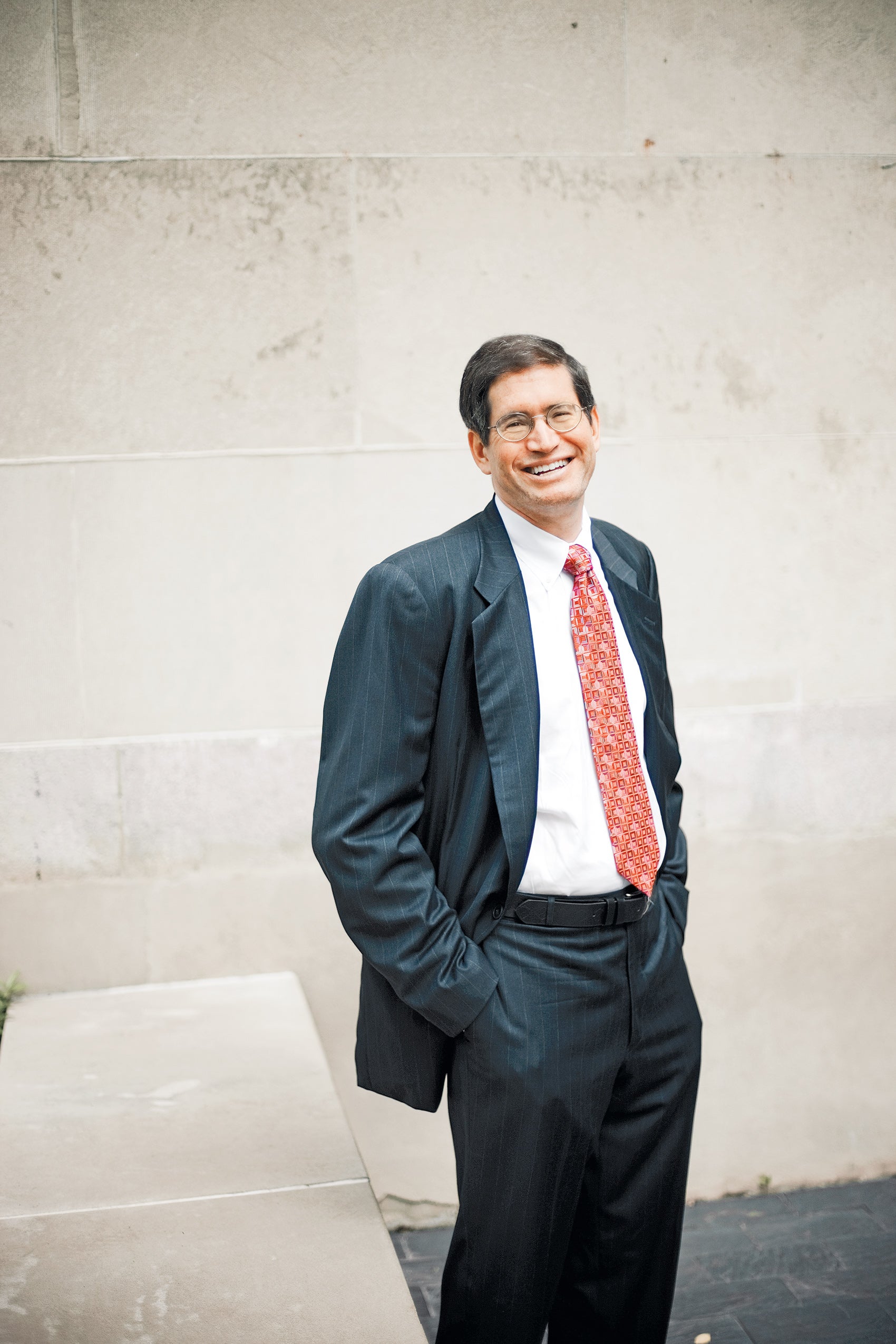
Michael Klarman
Charles Warren Professor of American Legal History
I never took the bar exam! My law school friends studied for it together in the summer of 1983, while I went to the Georgetown Law library and edited the Stanford Law Review special issue on Critical Legal Studies, for which I served as symposium editor (we were really far behind in the editing.) I always assumed I would take the bar one day. When I returned from three years in Oxford after a clerkship, I immediately became a law professor (something that would be almost impossible to do today). At the time, the state of Virginia, where I was teaching, allowed you to waive into the bar after five years as a law professor. They changed the rule before I got there! Then, over time, I became less interested in the idea of ever litigating a case and more interested in learning and writing about constitutional history, so I never took the bar exam.
Good luck to those HLS students who are taking it this summer! I am very glad it is you and not I!

William Alford ’77
Jerome A. and Joan L. Cohen Professor of East Asian Legal Studies
I have great faith in our students. My advice would be to be sure to get decent sleep the last few days before the exam, as it is a bit like running a marathon.
Want to stay up to date with Harvard Law Today? Sign up for our weekly newsletter.
